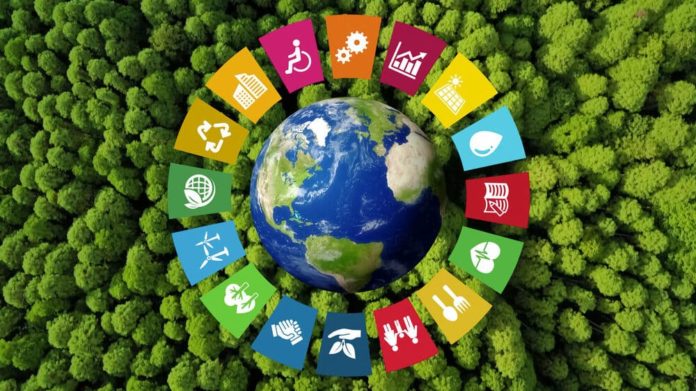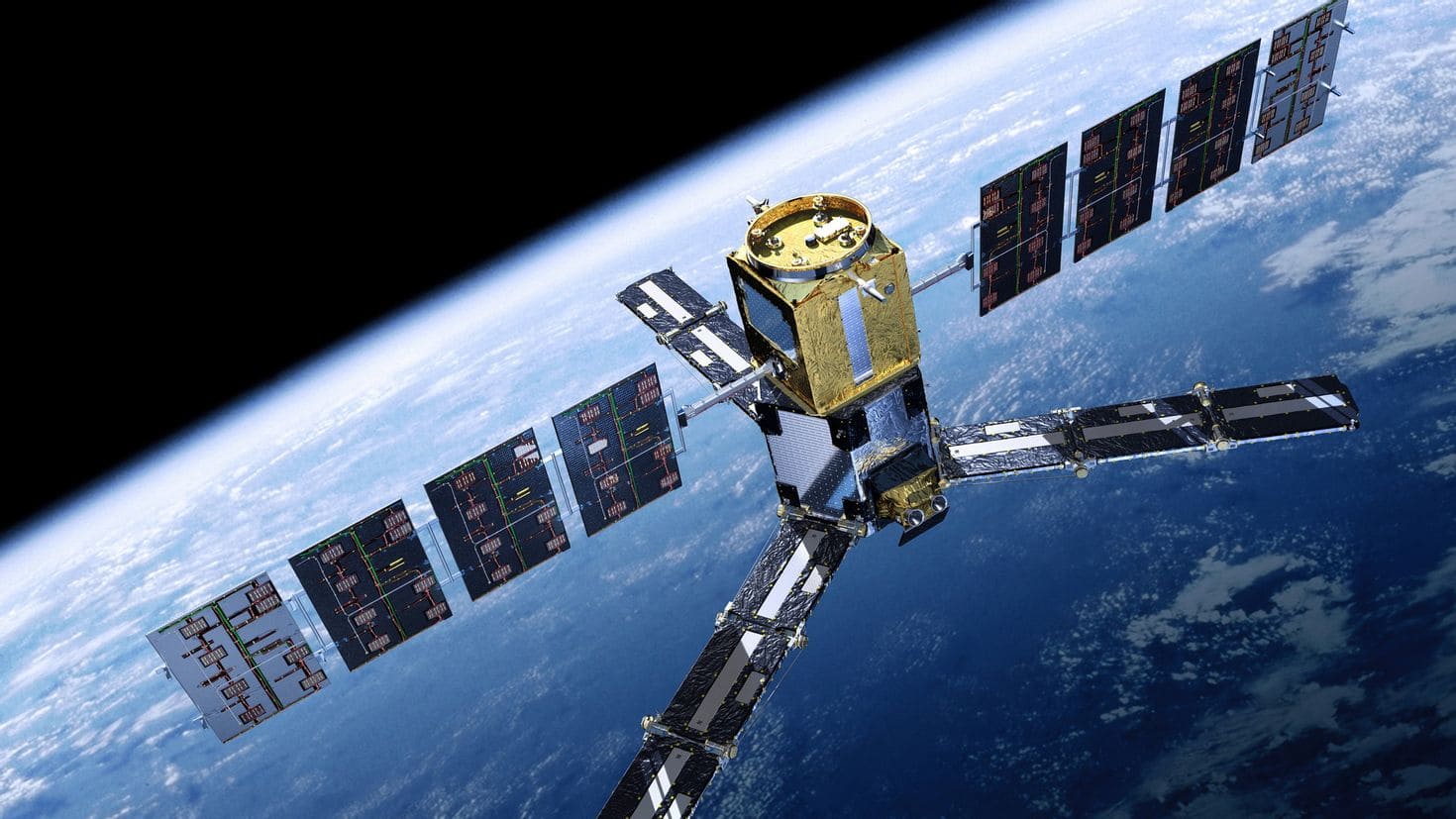Space technology in Africa has increasingly become a crucial tool in addressing some of the most pressing challenges facing the African continent. From enhancing agricultural productivity to improving healthcare, space-based applications are playing a pivotal role in promoting sustainable development in Africa. In this article, we will explore the various ways in which space technology is supporting sustainable development across different sectors in Africa.
Enhancing agricultural productivity
Agriculture is a vital sector in Africa, providing livelihoods for a significant portion of the population. However, the sector faces numerous challenges, including climate variability, soil degradation, and inefficient farming practices. Space technology in Africa, particularly Earth observation satellites, has become an invaluable asset in addressing these challenges.
- Satellite imagery and remote sensing: satellites equipped with advanced sensors can capture high-resolution images of agricultural lands. These images provide critical data on soil moisture, crop health, and land use patterns. By analyzing this data, farmers can make informed decisions about irrigation, pest control, and crop rotation, ultimately enhancing productivity and sustainability.
- Precision agriculture: space technology in Africa enables precision agriculture, where farmers use satellite data to optimize the use of inputs such as water, fertilizers, and pesticides. This targeted approach not only boosts yields but also reduces environmental impact by minimizing the overuse of chemicals and water resources.
- Weather forecasting: accurate weather forecasting is essential for farmers to plan their activities effectively. Satellites provide real-time weather data and long-term climate predictions, helping farmers anticipate and mitigate the impacts of adverse weather conditions. This information is particularly crucial in regions prone to droughts and floods.
Improving healthcare delivery
Access to quality healthcare remains a challenge in many parts of Africa, particularly in remote and underserved areas. Space technology is making significant strides in bridging this gap and improving healthcare delivery across the continent.
- Telemedicine: satellite-based telemedicine services enable healthcare professionals to provide remote consultations and diagnostics. This technology is especially beneficial in rural areas where medical facilities and specialists are scarce. Telemedicine allows patients to receive timely medical advice and treatment, reducing the need for long-distance travel.
- Disease monitoring and control: satellites play a crucial role in monitoring and controlling the spread of diseases. By tracking environmental factors such as temperature, humidity, and vegetation, satellites can help predict outbreaks of vector-borne diseases like malaria and dengue fever. Early warning systems based on satellite data enable health authorities to implement preventive measures and allocate resources more effectively.
- Emergency response: during health emergencies, such as outbreaks or natural disasters, satellites provide critical information for rapid response and coordination. Satellite imagery helps identify affected areas, assess damage, and plan logistics for delivering medical supplies and aid.
Advancing education and connectivity
Education is a key driver of sustainable development, yet many African countries face challenges in providing quality education to all. Space technology in Africa is helping to overcome these challenges by enhancing connectivity and access to educational resources.
- Internet access: satellites provide internet connectivity to remote and underserved areas where terrestrial infrastructure is lacking. By bridging the digital divide, satellite-based internet services enable students in rural areas to access online educational resources, participate in distance learning programs, and connect with educators and peers globally.
- Educational broadcasting: satellites facilitate educational broadcasting, delivering educational content to schools and homes across the continent. This approach is particularly effective in reaching students in remote regions, ensuring that they receive quality education regardless of their location.
Supporting environmental conservation
Africa is home to diverse ecosystems and wildlife, but these natural resources face threats from deforestation, poaching, and climate change. Space technology in Africa is instrumental in supporting environmental conservation efforts and promoting sustainable management of natural resources.
- Monitoring deforestation: satellite imagery is used to monitor deforestation and land-use changes in real-time. This data helps authorities track illegal logging activities, enforce regulations, and implement conservation strategies to protect forests and biodiversity.
- Wildlife tracking: satellites enable the tracking of wildlife populations and their movements. By attaching satellite collars to animals, researchers can monitor their behavior, migration patterns, and habitats. This information is crucial for designing effective conservation programs and protecting endangered species.
- Climate change mitigation: satellites provide valuable data on climate patterns, sea level rise, and greenhouse gas emissions. This information is essential for understanding the impacts of climate change and developing strategies to mitigate its effects. Satellite data also supports reforestation and afforestation projects, which play a vital role in carbon sequestration.
Promoting disaster management and resilience
Africa is vulnerable to various natural disasters, including droughts, floods, and cyclones. Space technology in Africa enhances disaster management efforts by providing timely and accurate information for preparedness, response, and recovery.
- Early warning systems: satellites are integral to early warning systems that predict and monitor natural disasters. By providing real-time data on weather conditions, satellite-based systems can alert communities and authorities to impending disasters, allowing them to take proactive measures to reduce loss of life and property.
- Disaster mapping and assessment: after a disaster occurs, satellite imagery helps assess the extent of damage and identify affected areas. This information is crucial for coordinating relief efforts, allocating resources, and planning reconstruction activities. Satellite data also supports long-term recovery and resilience-building initiatives.
Enhancing urban planning and development
Rapid urbanization is a significant trend in Africa, bringing both opportunities and challenges. Space technology in Africa supports sustainable urban planning and development by providing accurate data for decision-making.
- Urban growth monitoring: satellites monitor urban growth and land-use changes, helping authorities plan infrastructure development and manage urban expansion. This data is essential for designing sustainable cities that balance economic growth with environmental protection.
- Infrastructure development: satellite data aids in the planning and construction of infrastructure projects, such as roads, bridges, and utilities. By providing detailed information on terrain and natural resources, satellites help optimize the placement and design of infrastructure, reducing costs and environmental impact.
Space technology is playing a transformative role in supporting sustainable development in Africa. From enhancing agricultural productivity and healthcare delivery to advancing education, environmental conservation, disaster management, and urban planning, space-based applications are addressing critical challenges and promoting sustainable growth across the continent.
As space technology continues to evolve, its potential to contribute to sustainable development in Africa will only increase. By leveraging the power of satellites and other space-based tools, African nations can build a more resilient, prosperous, and sustainable future for their people and the planet.



